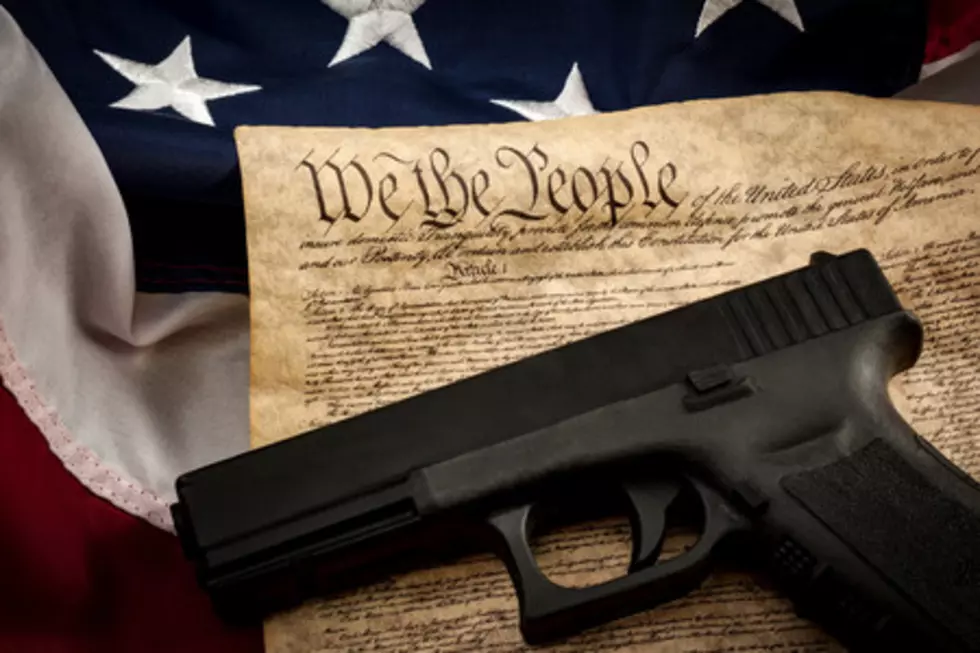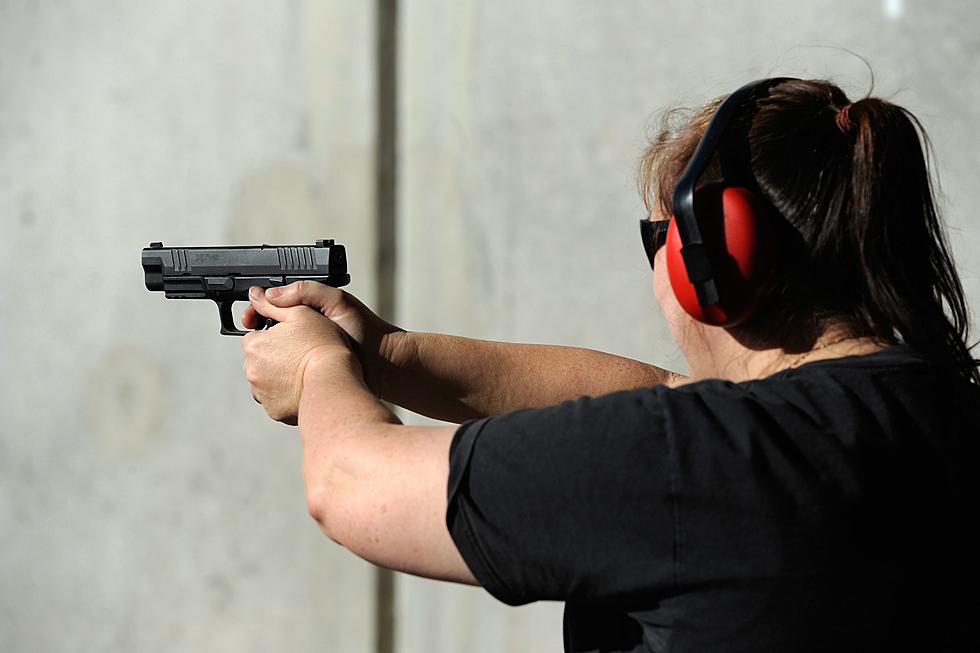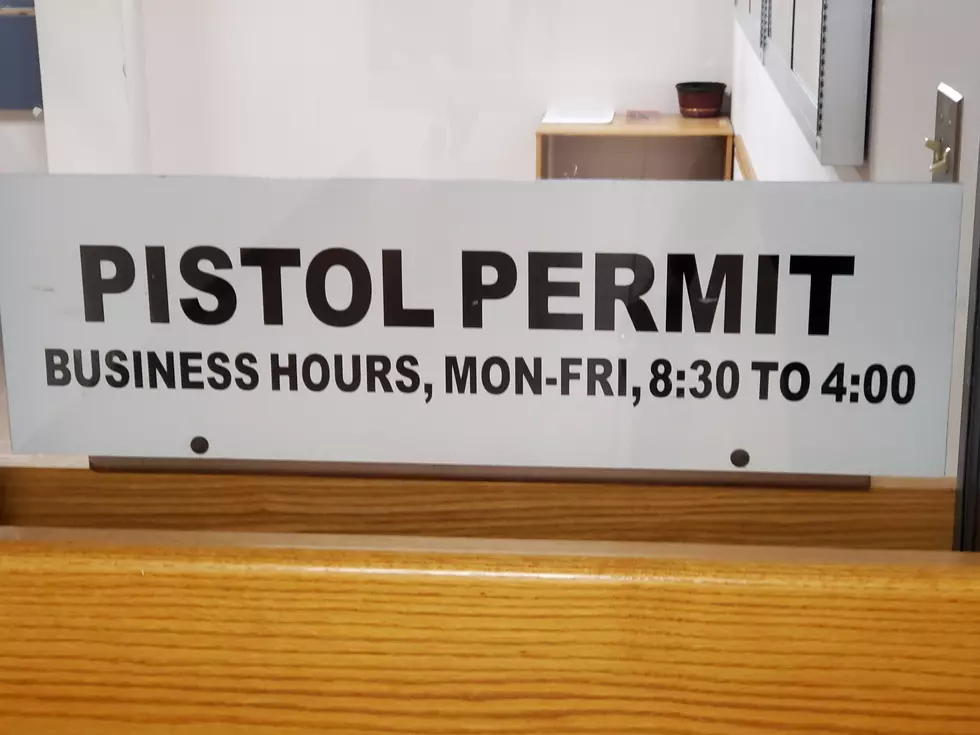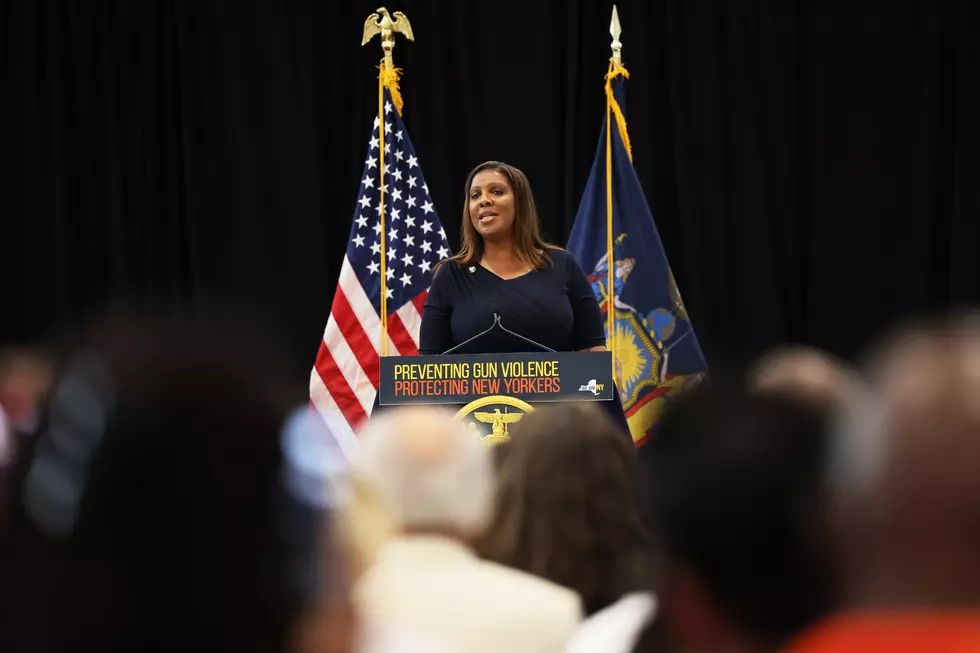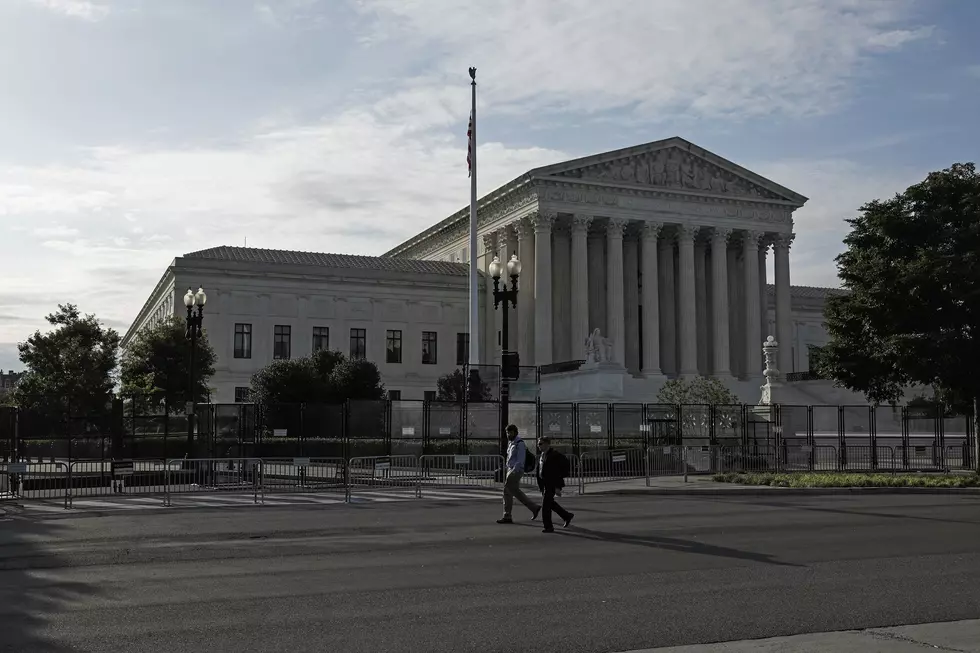
Supreme Court Strikes Down New York’s Concealed Carry Restrictions
In a 6-3 opinion delivered on Thursday, the U.S. Supreme Court ruled that New York's restrictions on the concealed carrying of firearms were unconstitutional and violated the second and fourteenth amendments.

To date, New York allowed residents to obtain concealed carry licenses only when they could show a special need to do so. According to the opinion, New York courts have held that "proper cause" for obtaining a concealed carry license hinges on a resident's ability to "demonstrate a special need for self-protection distinguishable from that of the general community." Essentially, to obtain this unrestricted license, a New York resident must be able to show that they are in extraordinary danger.
Justice Clarence Thomas delivered the opinion, stating that "Because the State of New York issues public-carry licenses only when an applicant demonstrates a special need for self-defense, we conclude that the State's licensing regime violates the Constitution."
Justice Stephen Breyer wrote the dissent with Justice Sonia Sotomayor and Justice Elena Kagan joining. In the dissent, Justice Breyer stated that "Only by ignoring an abundance of historical evidence supporting regulations restricting the public carriage of firearms can the Court conclude that New York's law is not 'consistent with the Nation's historical tradition of firearm regulation.'"
The dissent also noted that there are a disproportionate rate of firearm-related deaths in the United States, gun violence is now the leading cause of death among children and adolescents, and that states with lower rates of gun ownership have lower rates of gun deaths. Further, Justice Breyer noted that firearm-related deaths are on the rise, with 45,222 firearm-related deaths in 2020.
The dissent held that the Court severely burdens States' efforts to address some of the dangers of gun violence, and came to this decision "without the benefit of discovery or an evidentiary record."
Justice Samuel Alito also noted that the law at question did not stop the mass shooting that took place in Buffalo in May, despite Justice Breyer's inclusion of the incident in the dissent.
Highest Temperatures on Record
Then and Now of Businesses Around the Southern Tier
More From WNBF News Radio 1290 AM & 92.1 FM


